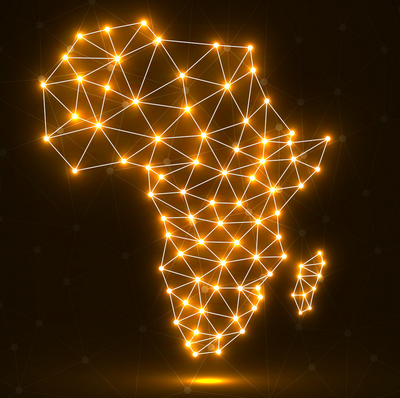The high-speed revolution fuelled by a burgeoning digital economy is continually disrupting industries. Displacement in the digital economy may be harmful to both employees and businesses on the African continent.
As more individuals get information via their mobile phones via the internet. The greatest approach for governments and corporations to spread knowledge farther is to build the required digital infrastructure to interact with society. The proposal here is to implement programs that will promote understanding about the digital realm and encourage increased engagement in the digital economy.
This week's top stories
Mara phones gets a boost to come back online. In an intriguing but welcomed turn of events, previously bankrupt Mara Phones South Africa (Pty) Ltd. has recently been recapitalized by new investors in Lebashe Investment Group and MPSA projects. Lebashe Investment Group has purchased a sizable portion of the company, which has a portfolio of smartphones, tablets, and other smart gadgets. Among the shareholders of South Africa's first smartphone manufacturer is also the management buyout team (MBO) members Sylvester Taku and Mabuti Radebe. [Continue Reading]
Kenya moves internet addressing from IPv4 to IPv6. The Communications Authority of Kenya has released a strategy paper outlining a transition from IPv4 to IPv6 for the country's regulations and standards for data routing and addressing on the Internet by 2023 The 32-bit address length of IPv4 is currently limiting and ineffective given the growing demand for internet access worldwide. IPv6 uses a longer 128-bit address length and has more advanced features. Contrary to IPv4, which only offers manual and DHCP address setups, this supports automated and renumbering address configurations. [Continue Reading ]
Flutterwave $52.5 million in frozen fraud money. The High Court granted the Kenyan Asset Recovery Agency's (ASA) an urgent application to freeze $52.5 million in 52 accounts that are allegedly owned by Flutterwave. These latest fraud claims point to a pattern of ongoing issues with internal systemic governance and cultural norms. David Hundeyin, an investigative journalist, published earlier this year on a exposé revealing how the $1 billion-dollar company had participated in fraud, sexual harassment, and workplace intimidation. [Continue Reading]







